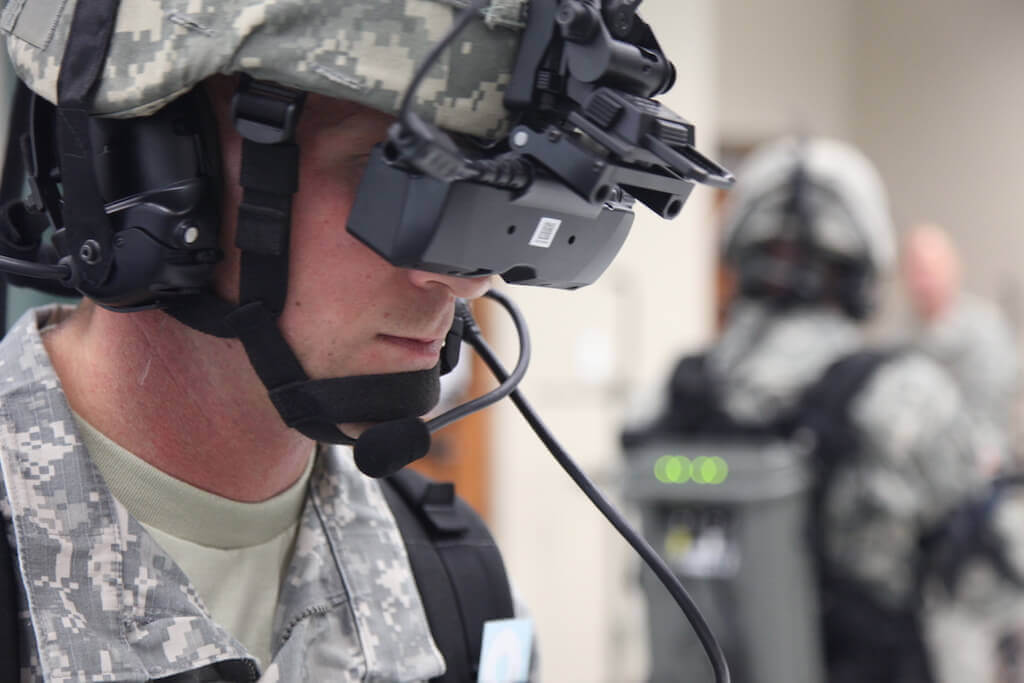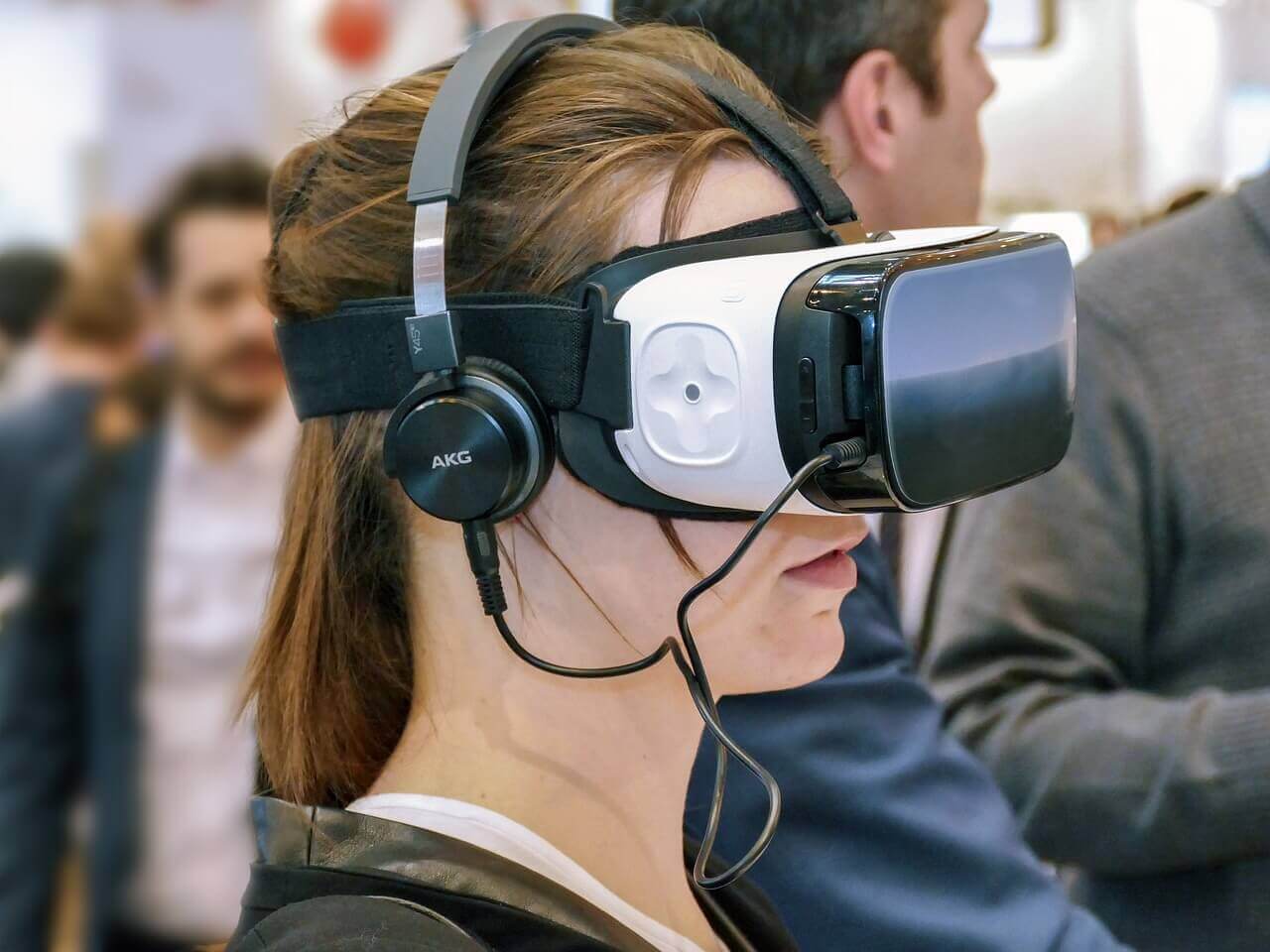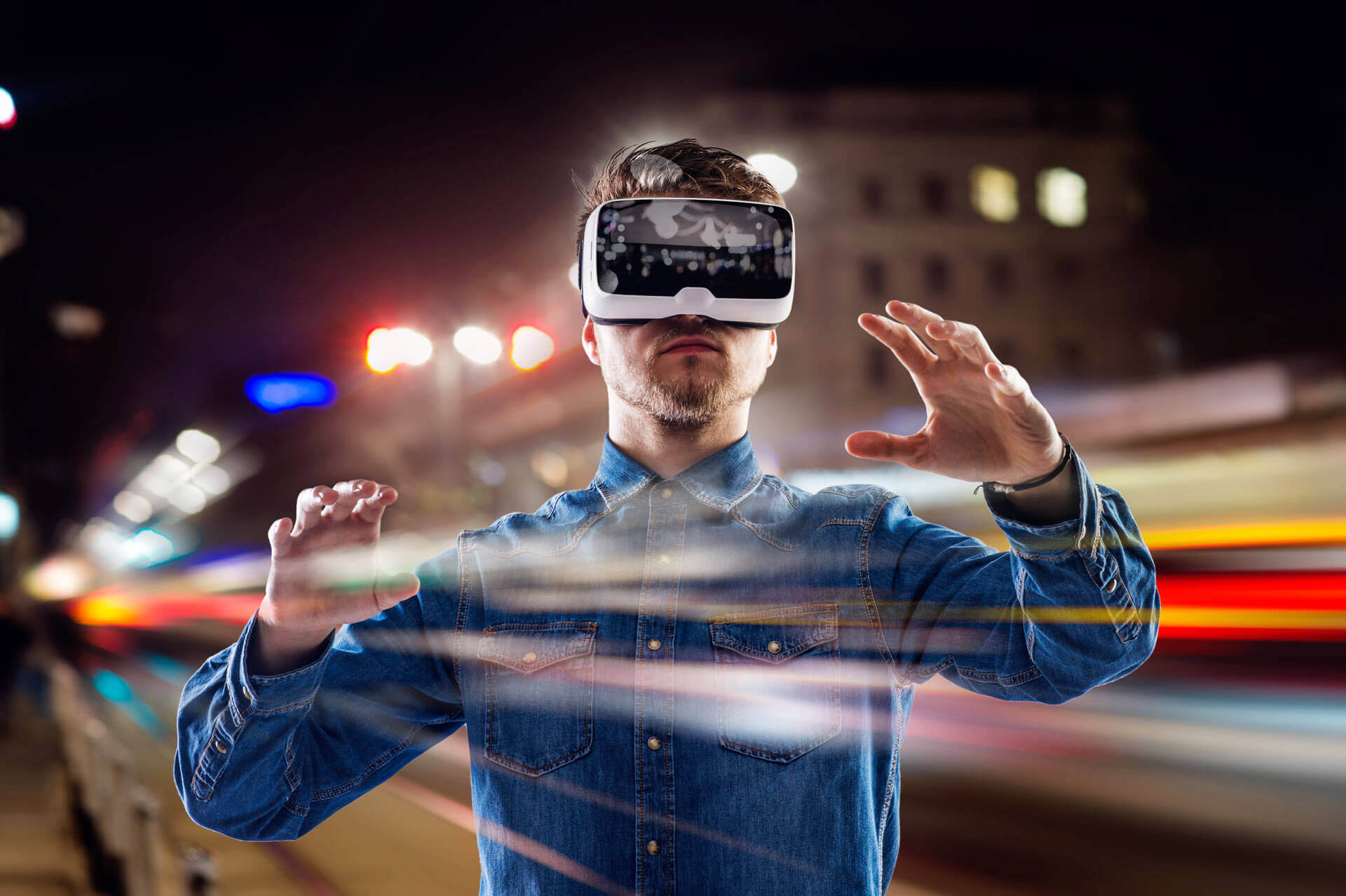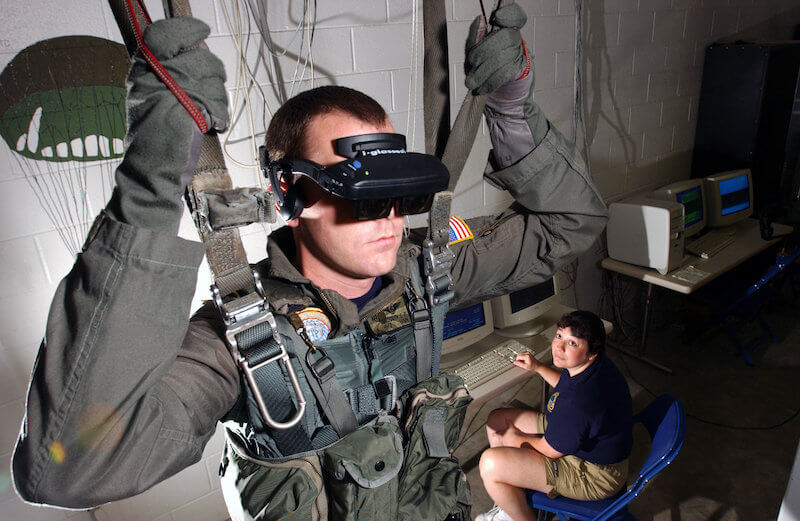Though Virtual Reality originated nearly two decades ago, its golden era started only two years back. With tech giants betting big, VR is surely one of the greatest technological bets right now.
This surge is turning science fiction ideas pertained to books and stories to reality. This set up an interesting phase and a variety of gadgets popped into the market.
From the affordable & simple VR Headsets – Google Cardboard and Daydream to the feature rich and costly – HTC Vive and Oculus Rift, VR has successfully managed to grab quite a lot of global attention.
Top Virtual Reality Headset For Gaming In 2017
We are at the dawn of a world where reality isn’t actually going to be real, wake up we are now here we have in the world of virtual reality headsets
There are still problems surfacing every now and then and this only means more innovation is yet to come. But there are also pessimists out there who believe VR is nothing more than just for gamers and other entertainment purposes.
Though it is a fact that mainstream VR is still years away, undermining the potential this tech has for our lives isn’t wise. The list of interesting uses for this technology goes far beyond video games and entertainment.
So, this article is to highlight the importance of these experiences in various sectors. Either implemented or proven.
#1 Healthcare & Medicine
There has been a rapid use of virtual reality in many fields of Healthcare. Common applications being – VR Pain Management and Diagnosis. Diagnosing health ailments through medical imaging without surgeries is one of the coolest features VR adds to Medical Tech.
#2 Military
Military Training is being transformed with virtual reality. Virtual reality is becoming a part of the training programs for soldiers. VR war experiences are helping soldiers train to adapt to situations they have been deployed to and in recovering from traumatic experiences.
#3 Sports
Virtual reality has started to become a game changer for the sporting world . Through VR, the sports industry is improving in all sectors covering sportspersons, sports equipment manufacturers, and audience. This is enabling performance gains and at the same time giving the audience best views possible in everyone game.
#4 Porn
It is a no-brainer that the porn industry is getting greatly benefitted through VR. As soon as the VR headsets and hardware came out, many big players rolled out their VR videos. In early 2016, PornHub launched their free 360 degrees videos channel, with people in them interacting with the user.
#5 Journalism
Journalism has always been about engaging with people in the best possible ways. VR presents a truly unique and captivating platform for publishers to tell their stories. New York Times has already been experimenting with virtually shifting users to the incident zone thereby connecting with users at an emotional level.
#6 Architecture
Virtual Reality is being used to develop models of architectural projects before construction begins. It forms a useful tool to determine damages incurred to buildings and mega constructions as well.
#7 Education
Mainstream VR can greatly augment classroom tech offering students the best learning experiences. Through virtual environments, students get to learn everything practically – and that matters a lot. Teaching highly conceptual and visualization based subjects like Physics will also become simpler and easily understandable.
#8 Marketing
When it comes to marketing – attracting, engaging and converting potential customers to buyers is all that matters. With VR brands have been engaging with these potential targets through life like experiences. Customers too can make clear and absolutely informed decisions while spending money.
5 Best VR Marketing Campaigns: Future Of Advertising Is Now
VR Marketing campaigns, as of 2016, are being strategically built around two aspects. These include demonstration.. Here are 5 best VR advertising brands
#9 Meteorology
Virtual Reality aids Meteorologists in predicting future atmospheric effects. Through various virtual reality programs, information processing from satellites and satellite dishes can be analyzed models that simulate predicted weather effects can be developed.
#10 Molecular studies
When combined with computerized modeling, VR becomes essential equipment in studying molecular and cellular structures. By giving scientists the means to access these molecules in detail, productivity and efficiency of their research can be expected to increase.
Your Thoughts:
What do think about the potential of VR in the future? Are there any other areas that Virtual Reality is transforming significantly? Let us know about all your VR experiences in the comments section below.



